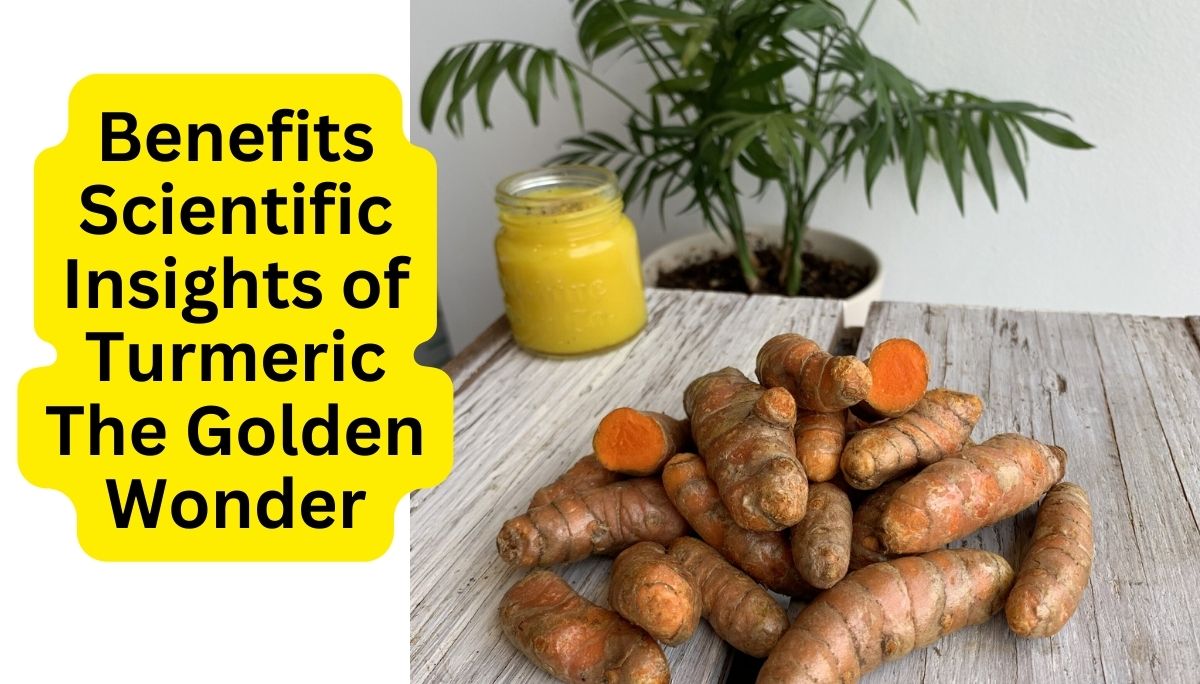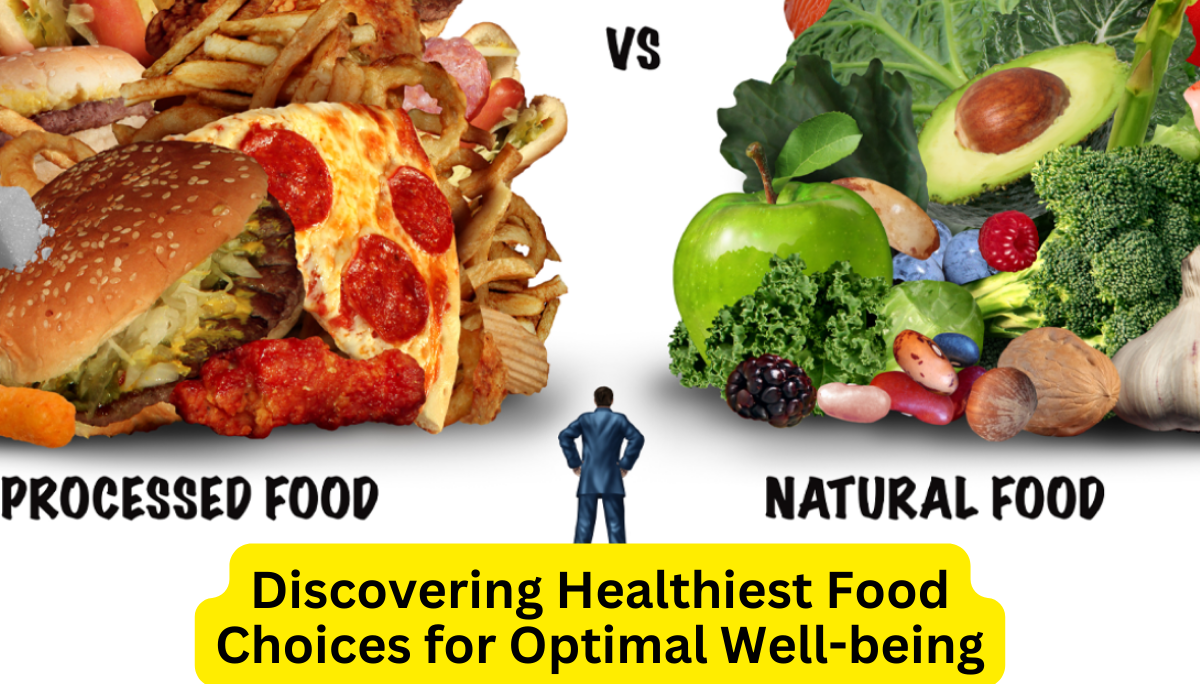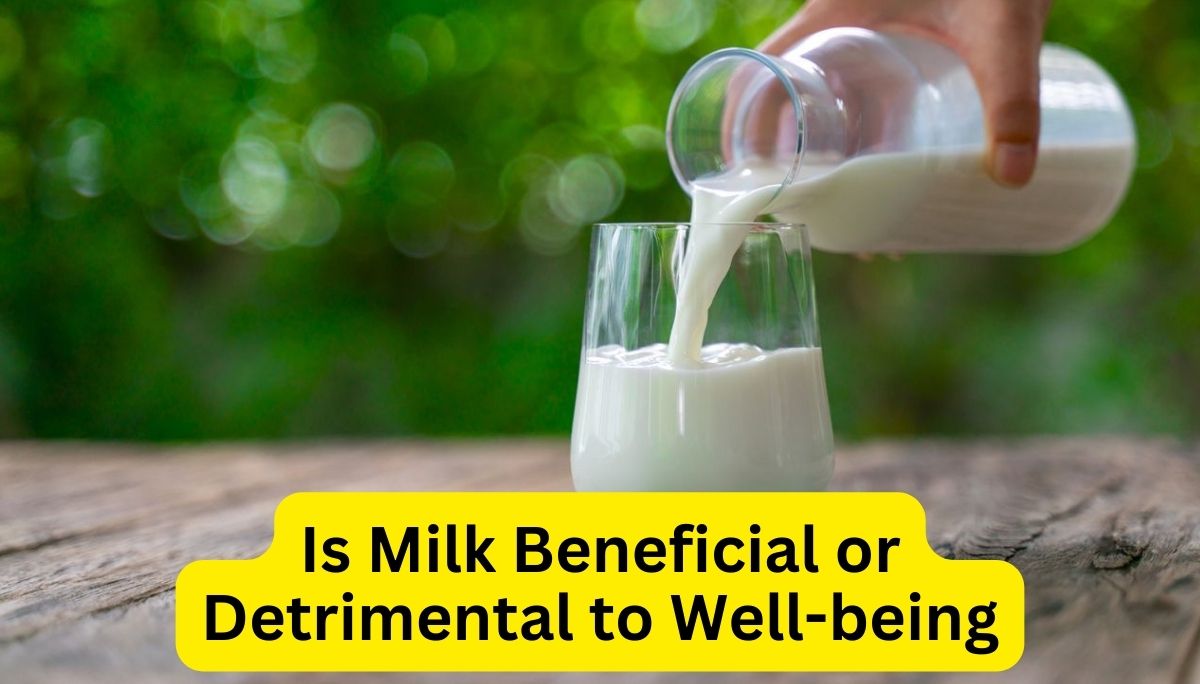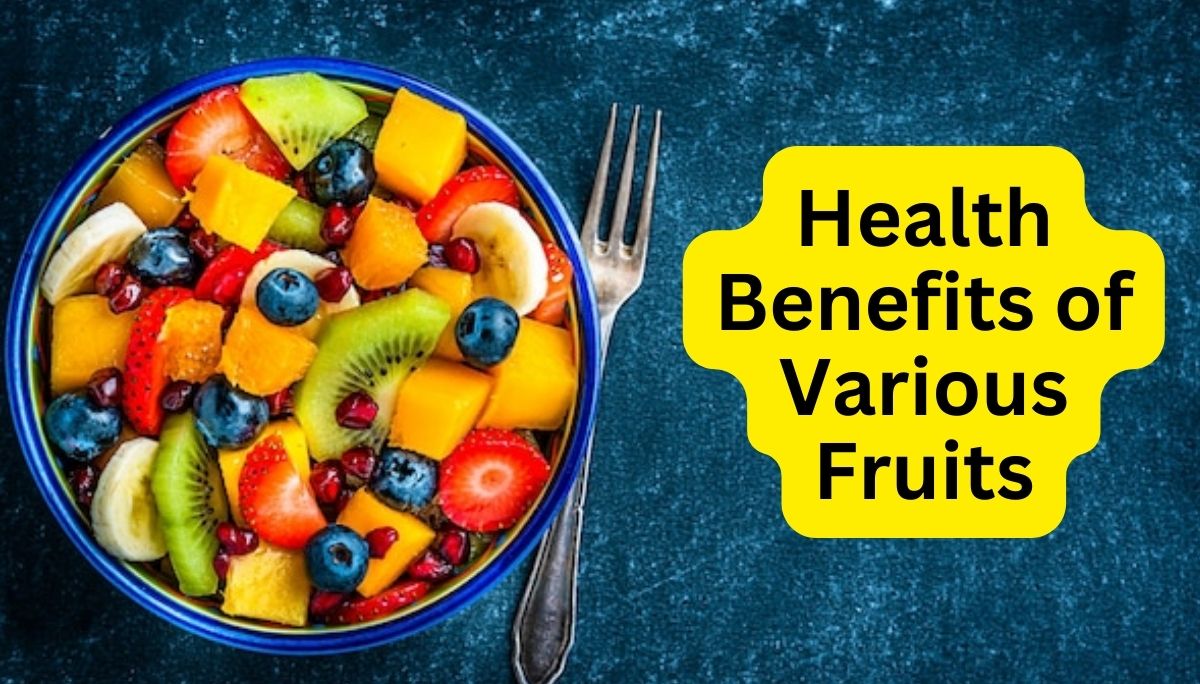Surprising Nutritional Health Benefits of Ghee – Exploring the Lesser-Known Health Benefits
In recent years, ghee has emerged as a popular superfood celebrated for its numerous health benefits. From improving digestion to boosting immunity, this clarified butter has been revered in traditional Ayurvedic medicine for centuries. Let’s dive into the various health benefits of ghee and discover why it’s considered a valuable addition to a healthy diet.
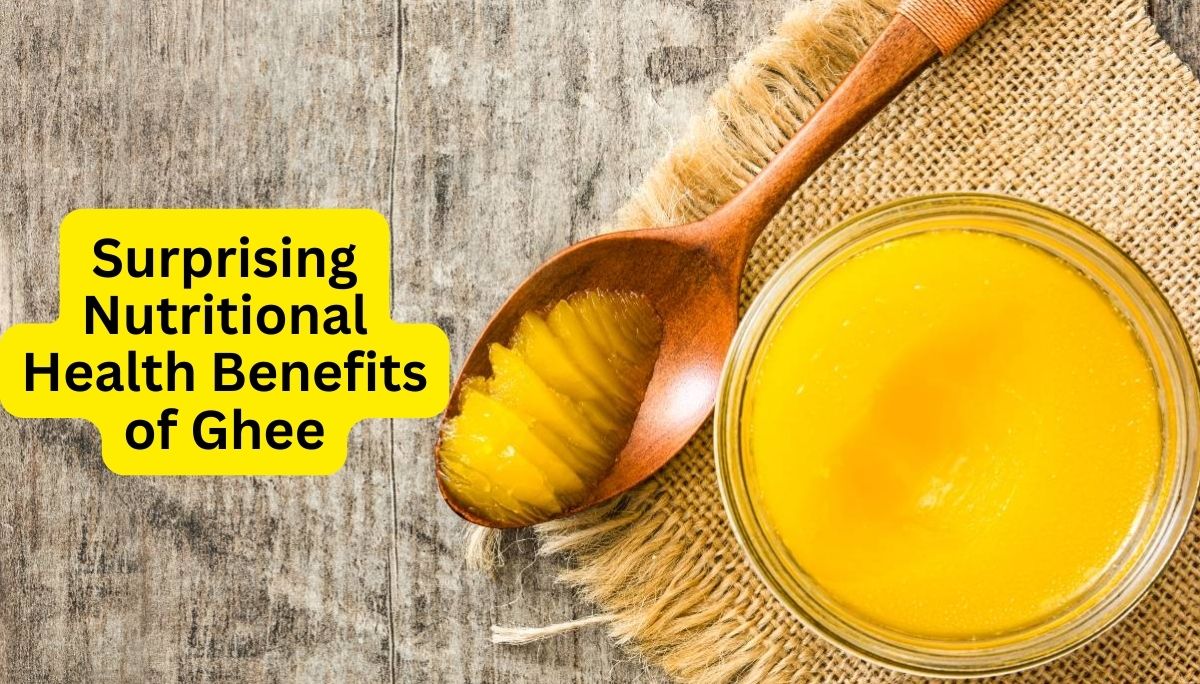
Table of Contents
The Ancient Wisdom of Ghee
Ghee, the golden elixir revered in traditional Indian Ayurvedic medicine, has been an integral part of culinary and medicinal practices for centuries. This rich, clarified butter holds a special place in many households and cultures, not only for its distinct flavor but also for its remarkable health benefits.
Beyond its culinary uses, ghee has been celebrated for its therapeutic properties, believed to promote overall well-being and longevity. As modern science continues to unravel the mysteries of this ancient superfood, it’s becoming increasingly clear that the wisdom of our ancestors was well-founded.
A Nutritional Powerhouse
Ghee is a concentrated source of essential nutrients, including vitamins A, D, E, and K, as well as butyric acid, a short-chain fatty acid with potent anti-inflammatory properties. Additionally, the process of clarification removes milk solids, making ghee a lactose-free and easily digestible option for those with dairy sensitivities.
One of the star components of ghee is conjugated linoleic acid (CLA), a type of fat that has been linked to various health benefits, including improved body composition and enhanced immune function. According to research published in the Journal of the American College of Nutrition, CLA found in ghee may contribute to weight management and overall metabolic health.
Boosting Digestion and Metabolism
Ghee has long been recognized for its digestive and metabolic benefits in Ayurvedic traditions. The presence of butyric acid and other short-chain fatty acids can support a healthy gut microbiome, facilitating better nutrient absorption and overall digestive function.
Furthermore, ghee is believed to stimulate the production of bile, an essential fluid that aids in the breakdown and absorption of fats and fat-soluble vitamins. This can optimize metabolic processes and promote efficient nutrient utilization throughout the body.
Enhancing Brain and Heart Health
Recent studies have shed light on the potential neuroprotective and cardiovascular benefits of ghee. The antioxidant properties of ghee, stemming from its rich vitamin E content, may help combat oxidative stress and inflammation, which are key contributors to various neurodegenerative diseases.
Additionally, the presence of healthy fats, such as omega-3 fatty acids and CLA, in ghee may support heart health by promoting a balanced cholesterol profile and reducing inflammation in the cardiovascular system. Research published in the Indian Heart Journal suggests that moderate consumption of ghee may be beneficial for individuals at risk of heart disease.
A Versatile Culinary Companion
Beyond its health benefits, ghee is a versatile and flavorful addition to any kitchen. Its high smoke point and rich, nutty taste make it an ideal choice for sautéing, roasting, and baking. Ghee can also be used as a delicious spread or a finishing touch for various dishes, adding depth and richness to your culinary creations.
For inspiration and recipes featuring ghee, explore the Milk Street website, where you’ll find a wealth of international and traditional dishes that showcase the golden elixir’s versatility.
Frequently Asked Questions: Surprising Nutritional Health Benefits of Ghee
Q: Is ghee better than regular butter?
A: While both ghee and butter have their unique benefits, ghee is often considered a healthier option due to its higher smoke point, longer shelf life, and lactose-free nature. Ghee is also richer in certain nutrients, such as butyric acid and conjugated linoleic acid (CLA), which offer potential health advantages.
Q: Can people with lactose intolerance consume ghee?
A: Yes, ghee is generally well-tolerated by those with lactose intolerance because the milk solids, which contain lactose, are removed during the clarification process. However, it’s always best to consult with a healthcare professional, especially in cases of severe lactose intolerance or other dietary restrictions.
Q: How much ghee should I consume?
A: As with any dietary component, moderation is key. While ghee offers numerous health benefits, it is still a concentrated source of fat and calories. Most health organizations recommend limiting saturated fat intake to no more than 10% of total daily calories. A general guideline is to consume 1-2 tablespoons of ghee per day, depending on your individual caloric needs and dietary preferences.
Q: Can ghee be used in baking?
A: Absolutely! Ghee is an excellent substitute for butter in many baking recipes. Its high smoke point and rich flavor make it ideal for pastries, breads, and other baked goods. However, keep in mind that ghee has a slightly different consistency than butter, so some adjustments may be necessary to achieve the desired texture.
Q: Is ghee suitable for lactose-intolerant individuals?
A: Yes, ghee is generally well-tolerated by individuals with lactose intolerance as the milk solids are removed during the clarification process.
Q: Can I use ghee for cooking at high temperatures?
A: Yes, ghee has a high smoke point, making it suitable for cooking at high temperatures without producing harmful compounds.
Q: How much ghee should I consume daily?
A: The recommended daily intake of ghee varies depending on individual dietary preferences and health goals. It’s advisable to consume ghee in moderation as part of a balanced diet.
Q: Is ghee suitable for vegans?
A: While ghee is derived from butter, which is an animal product, some vegans choose to include it in their diets due to its lactose-free and casein-free nature. However, it’s essential to consult with a healthcare professional or refer to specific dietary guidelines to determine if ghee aligns with your personal beliefs and nutritional needs.
Embrace the golden elixir of ghee and unlock a world of culinary delights and potential health benefits. From supporting digestion and metabolism to enhancing brain and heart health, this ancient superfood offers a wealth of nourishment for both body and soul. Incorporate ghee into your daily routine and experience the wisdom of our ancestors, one delicious and nourishing bite at a time.

